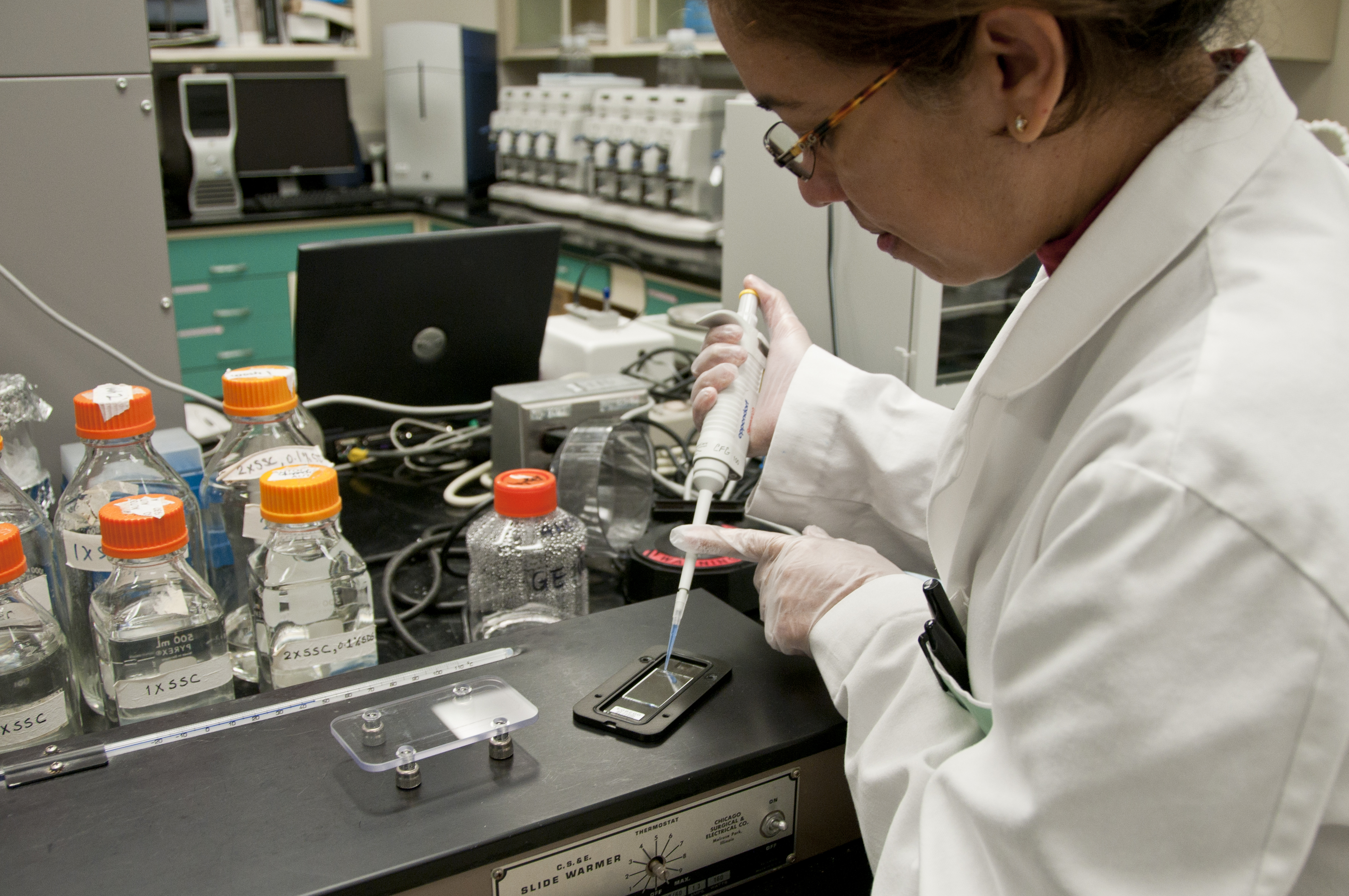
Microplastic contamination in Lake Winnipeg, Canada.
Sign Up to like & getrecommendations! Published in 2017 at "Environmental pollution"
DOI: 10.1016/j.envpol.2017.02.072
Abstract: Microplastics are an emerging contaminant of concern in aquatic ecosystems. To better understand microplastic contamination in North American surface waters, we report for the first time densities of microplastics in Lake Winnipeg, the 11th largest… read more here.
Keywords: contamination lake; lake winnipeg; winnipeg canada; microplastic contamination ... See more keywords

Long-term trends in benthic invertebrate populations (1929–2013) in Lake Winnipeg
Sign Up to like & getrecommendations! Published in 2017 at "Journal of Great Lakes Research"
DOI: 10.1016/j.jglr.2017.06.005
Abstract: Abstract Spatial, seasonal, and inter-annual variation in zoobenthos was examined in Lake Winnipeg which has experienced accelerated nutrient loading and multiple environmental stressors over the last several decades leading to increased overall productivity. Qualitative zoobenthos… read more here.
Keywords: lake winnipeg; term trends; winnipeg; long term ... See more keywords

Morphology and blood metabolites reflect recent spatial and temporal differences among Lake Winnipeg walleye, Sander vitreus
Sign Up to like & getrecommendations! Published in 2020 at "Journal of Great Lakes Research"
DOI: 10.1016/j.jglr.2020.06.015
Abstract: Abstract The invasive rainbow smelt (Osmerus mordax) was an abundant food source for Lake Winnipeg walleye (Sander vitreus), especially in the north basin of the lake, until the smelt’s collapse in approximately 2013. We quantified… read more here.
Keywords: lake winnipeg; walleye sander; winnipeg walleye; sander vitreus ... See more keywords

Association of aerobic anoxygenic phototrophs and zebra mussels, Dreissena polymorpha, within the littoral zone of Lake Winnipeg
Sign Up to like & getrecommendations! Published in 2020 at "Journal of Great Lakes Research"
DOI: 10.1016/j.jglr.2020.08.013
Abstract: Abstract While nutrient loading has affected all levels of Lake Winnipeg’s ecology, its greatest influence has likely been on the microbial community. In addition to eutrophication, zebra mussels (Dreissena polymorpha) have recently invaded the ecosystem… read more here.
Keywords: anoxygenic phototrophs; lake winnipeg; aerobic anoxygenic; zebra mussels ... See more keywords

The distribution, density, and biomass of the zebra mussel (Dreissena polymorpha) on natural substrates in Lake Winnipeg 2017–2019
Sign Up to like & getrecommendations! Published in 2020 at "Journal of Great Lakes Research"
DOI: 10.1016/j.jglr.2020.12.005
Abstract: Abstract The distribution, density, biomass and size-structure of the zebra mussel (Dreissena polymorpha) population in Lake Winnipeg were examined between 2017 and 2019. Zebra mussels have colonized most of the available hard substrate in the… read more here.
Keywords: distribution density; lake winnipeg; zebra; density biomass ... See more keywords

A Multiplex Analysis of Potentially Toxic Cyanobacteria in Lake Winnipeg during the 2013 Bloom Season
Sign Up to like & getrecommendations! Published in 2019 at "Toxins"
DOI: 10.3390/toxins11100587
Abstract: Lake Winnipeg (Manitoba, Canada), the world’s 12th largest lake by area, is host to yearly cyanobacterial harmful algal blooms (cHABs) dominated by Aphanizomenon and Dolichospermum. cHABs in Lake Winnipeg are primarily a result of eutrophication… read more here.
Keywords: lake winnipeg; winnipeg; potentially toxic; multiplex analysis ... See more keywords

Distribution patterns of the early invasion of zebra mussels, Dreissena polymorpha (Pallas, 1771), in the south basin of Lake Winnipeg
Sign Up to like & getrecommendations! Published in 2019 at "BioInvasions Records"
DOI: 10.3391/bir.2019.8.2.15
Abstract: Aquatic invasive species (AIS) pose significant threats to the biodiversity of freshwater ecosystems worldwide. Consequently, it is crucial to understand the distribution and growth rates of AIS to protect susceptible lakes and rivers from potential… read more here.
Keywords: lake winnipeg; basin lake; zebra mussels; distribution ... See more keywords